How much do you need to make a game fun to play? 52 cards? 16 cards? 1 card?
Despite the fact that there are still plenty of gamers seeking out massive board games with lots of bits that take hours to play (Firefly, anyone?), there seems to be a movement in the other direction as well—games that are stripped down to a small set of components and are meant to be played in a matter of minutes. Now, I realize that small card games aren’t totally new. After all, people have been playing countless games with a 52-card deck for ages, and there are tons of pocket-sized card games out there. (In fact, Dice Hate Me Games is currently running a 54-Card Game Design Challenge, if you want to try your hand at winning a publishing contract with one of my favorite indie game publishers.)
However, I’m fascinated with the different types of strategies and game play that I’ve seen lately using a stripped-down components list. Here’s a long list of short games I’ve seen in the past year, with a few that are on Kickstarter now. I’ll start with the most components and move down to the least.
7 Card Slugfest – 102 cards total plus tokens and character boards
Compared to the others on the list, 7 Card Slugfest seems huge, at 102 cards (and a sizable box). However, each player only gets 7 cards, and then you use another 7 cards to track the rounds of the game. So it’s not truly a microgame, but I like it because each round plays very quickly—as it should, because the game simulates a bar-room brawl. 7 Card Slugfest was a stretch goal add-on for the Devastation of Indines Kickstarter and just shipped recently. I’m not sure how soon it will be available for purchase, but you can visit the Level 99 Games website for more details. [Update: Brad Talton of Level 99 Games informed me that 7 Card Slugfest is available for purchase now, and orders placed this week should arrive before Christmas.]
iota – 66 cards
Iota is literally tiny: the 66 cards fit in a metal tin that you could easily pop into your pocket. But make some table space—this Set-meets-Qwirkle game spreads itself out and will stretch your brain a bit. For more, check out my full review from last month.
Romans Go Home – 54 cards
I reviewed Romans Go Home earlier this summer—each player gets 9 cards, and the game takes three rounds to play. You plan out a move of six cards in a row to attack a series of forts, and then everyone reveals their cards one at a time. There’s a bit of luck involved, but it’s also about predicting your opponents and making the best use of the various card abilities and combinations.
Light Speed – 40 (or 50) cards—you provide some tokens
One of my favorites from when I first started getting into tabletop games, Light Speed takes about a minute to play (and then a few minutes to score). Each player gets 10 spaceship cards, and plays them down as quickly as they want. The original set had 40 cards for four players, but now you can get a 5-player deck from Drive Thru Cards. For more about the game, visit the Cheapass Games website. (A 54-card round deck is also available from ArtsCow.) My favorite part: using a laser level to check all the lasers at the end.
Eight-Minute Empire – 42 cards, plus a small board and some coins and markers
I called this one a “pint-sized” game when it was on Kickstarter last winter, though it’s not really pocket-sized. Eight-Minute Empire combines territory control and set collection in a quick-playing game, though it may take you a little practice before you get down to eight minutes. Currently out of stock, with a reprint expected in 2014. The sequel, Eight-Minute Empire: Legends, is available now.
One Night Ultimate Werewolf – 16 cards + tokens
This variation of the popular hidden-role game Werewolf has various special powers (as usual) but is particularly interesting because it’s only one round of play, rather than multiple “nights” in which various players get eliminated over the course of the game. It’s also notable for the micro-sized Kickstarter campaign, which ran for only 2 days. The Kickstarter was specifically for getting enough copies air shipped for BGG.con—the rest should be arriving in January. You can preorder directly from Bezier Games.
Love Letter – 16 cards, tokens
Love Letter is a clever little game by Seiji Kanai that consists of 16 cards and some scorekeeping tokens. The goal is to get your love letter to the Princess, and the gameplay is surprisingly deep for a game with only 16 cards. (For more details, read my full review here.) One of the first microgames that I played myself.
BraveRats – 16 cards
BraveRats is a rethemed version of R, another 16-card game by designer Seiji Kanai. It’s not available yet, but Blue Orange Games plans to release it in February 2014. You control a clan of 13th century Scottish rats, and each of you gets 8 cards. On the surface, it’s a little like War: both players pick a card, reveal simultaneously, and the higher number wins. However, each card has its own special ability, so it’s not as simple as it seems. Keep an eye out for this one!
Coup – 15 cards (with some extras)
Coup, published by Indie Boards and Cards after a successful Kickstarter campaign, is a hidden roles game. But there’s a catch: each person gets two roles (representing the people they have influence over). Each role card grants you certain abilities, and you’re allowed to lie about who you have—but if you get caught lying, you lose a card. The game actually came with more than 15 cards, but some of them were alternate art or to be used when you have more than 6 players. The Kickstarter rewards just shipped recently and Coup is now available for purchase.
Shift – 12 cards (but only 2 used per game) and some coins
Shift was billed as a “single card CCG”—it’s a two-player fighting game that owes a little to traditional CCGs, but each player only has a single card. Season 1, funded this spring on Kickstarter, includes 12 characters (plus one Kickstarter-exclusive bonus), but you can get a lot of mileage out of just a pair of them. The game uses a “shifting” mechanic that allows you to rotate your card to access different abilities, and all you need is a coin to flip and a few coins or tokens for damage markers. Order your set from the Laboratory website.
And, finally, the two smallest games on the list are ones I haven’t played yet because they’re currently on Kickstarter. They also reflect another growing trend: the pay-what-you-want Kickstarter. Like One Night Ultimate Werewolf, these are shorter campaigns (one is 2 weeks, another is 11 days), which fits the tiny game theme.
Where Art Thou, Romeo? – 5 cards
This one’s actually a “nanogame” that was included as an add-on for Council of Verona, a 13-card game set in the world of Romeo and Juliet. I haven’t played Council of Verona, but Where Art Thou, Romeo? is currently on Kickstarter with a pay-what-you-want campaign. An interesting feature of this one is the dual-sided role cards, which let you pick one of two characters from your card.
Coin Age – 1 card and pocket change
So here we have the smallest game yet: Coin Age is a single card, plus a handful of change that’s used both for a die-rolling mechanic and the playing pieces. It’s like a tiny version of Risk: you battle to control territories on this card map, using coins to stake your claims. The Kickstarter only runs for 9 more days but had already funded and hit all the opening stretch goals by the end of the first day. Oh, and the pitch video is hilarious.
How about you: do you like long games with tons of components, or do you think “the tinier, the better”? What small games have you played that you enjoy?

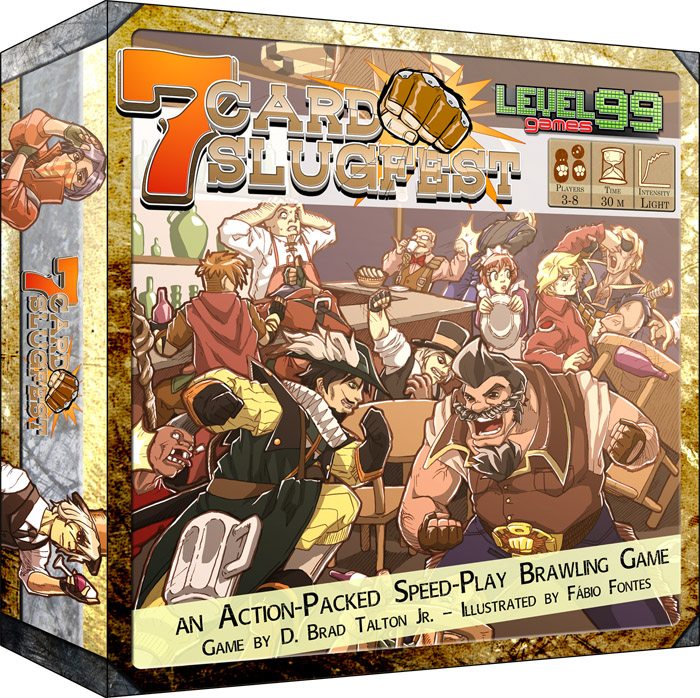
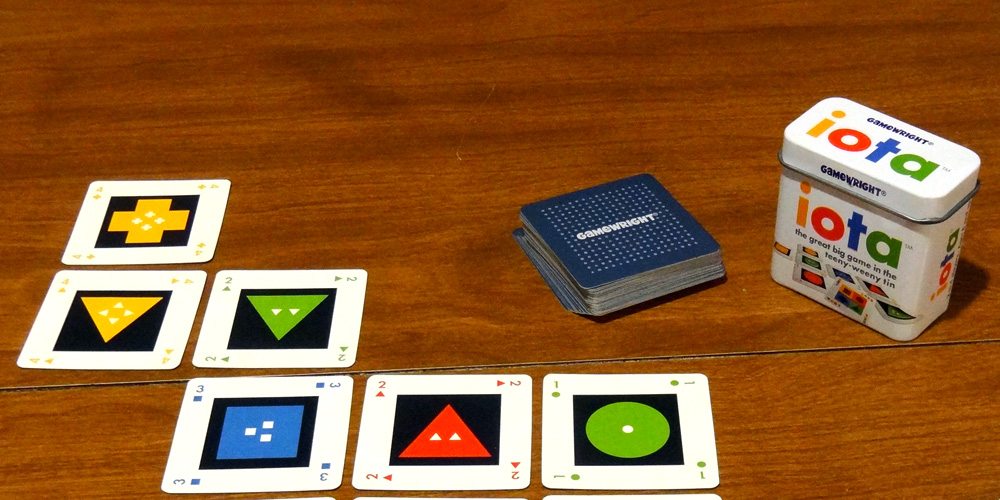
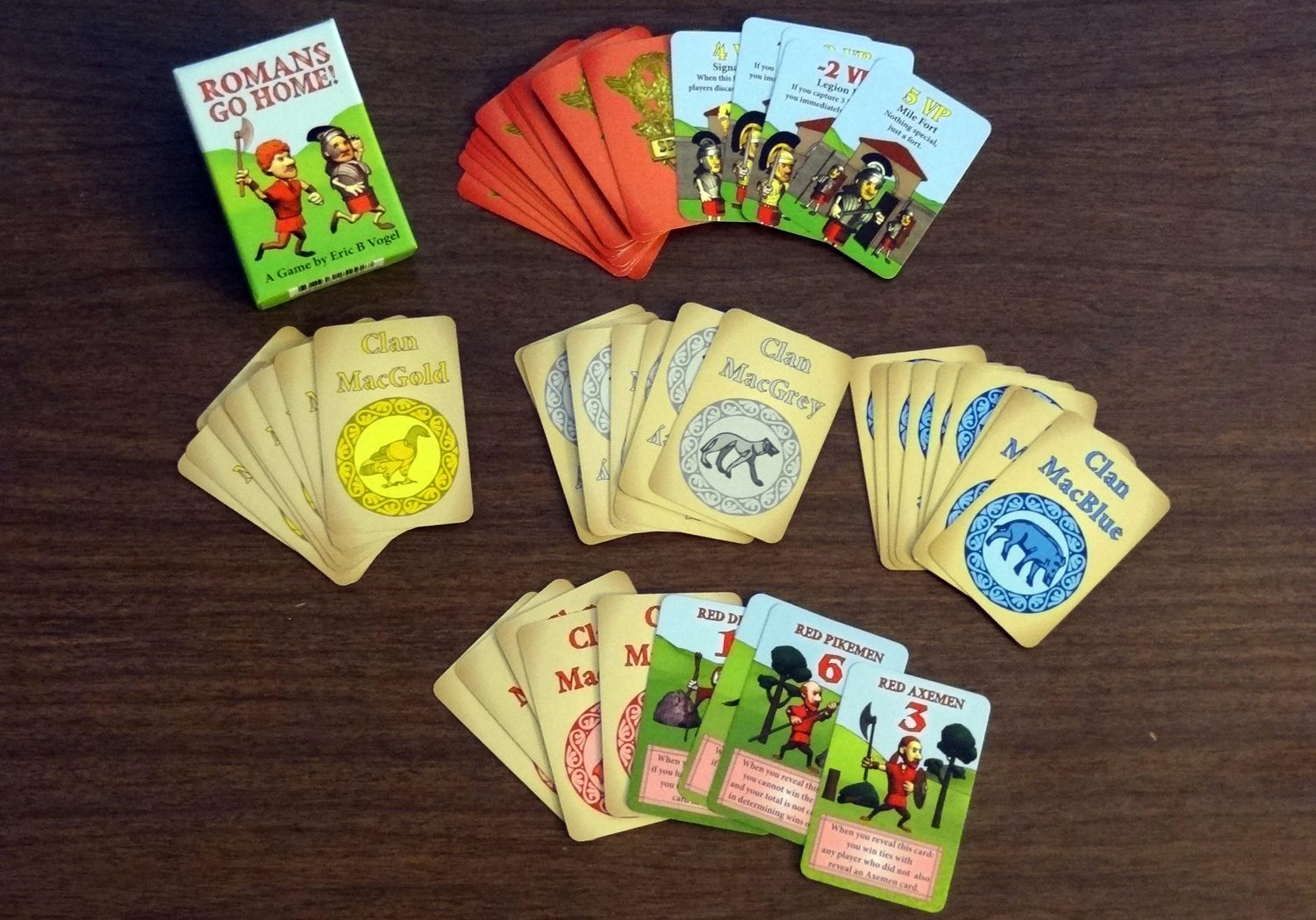

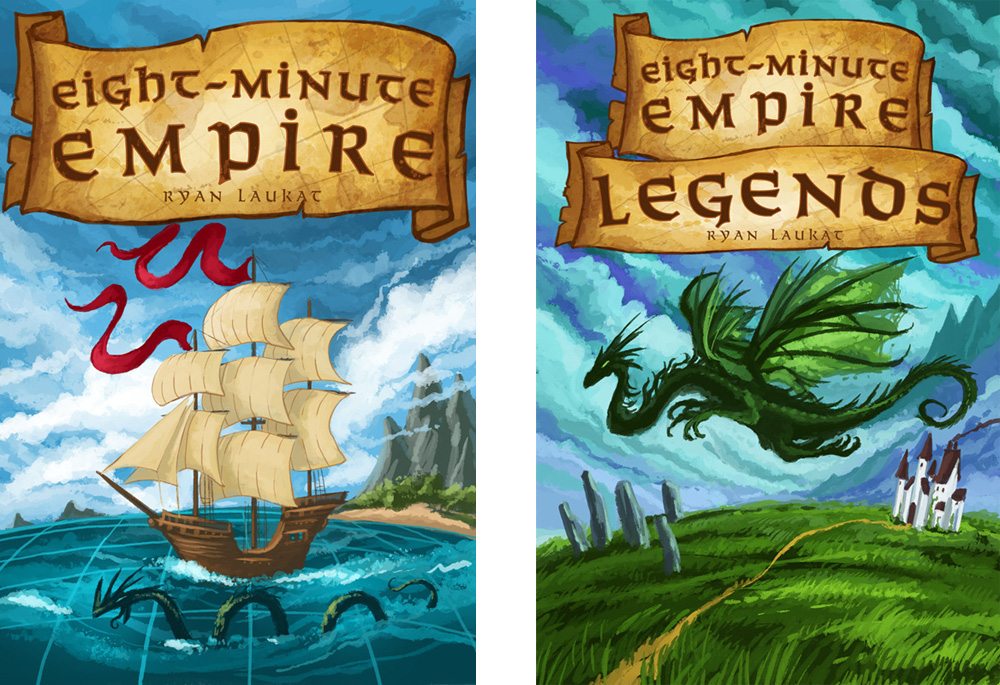

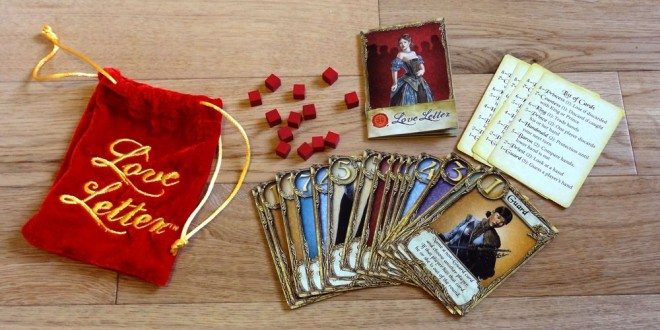
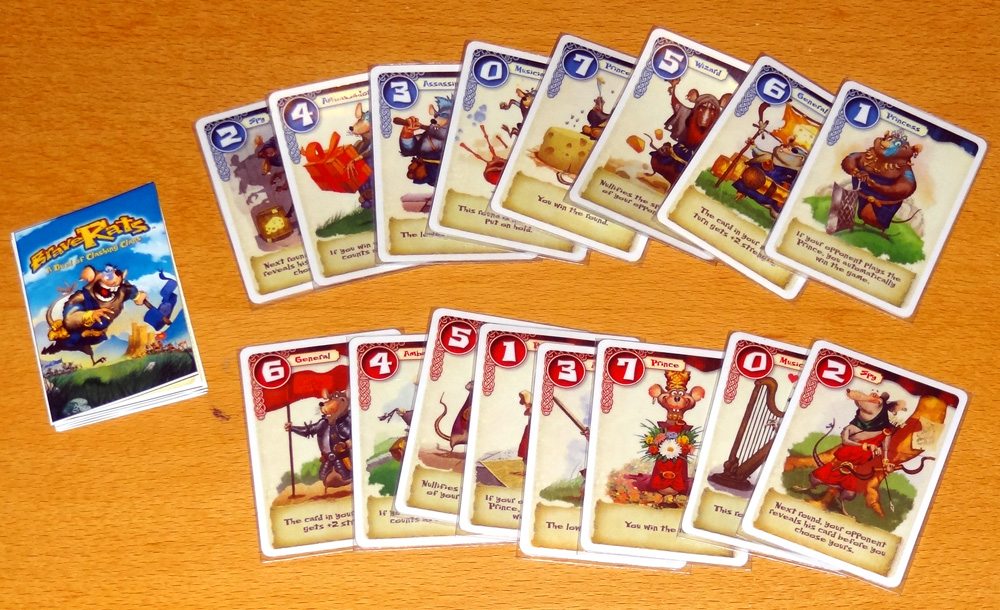


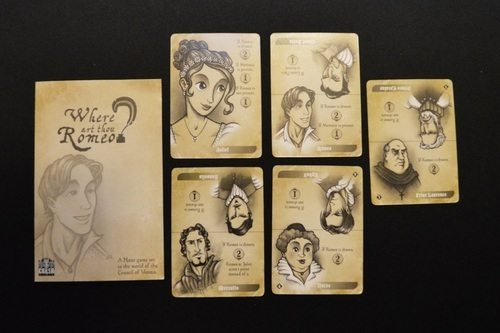


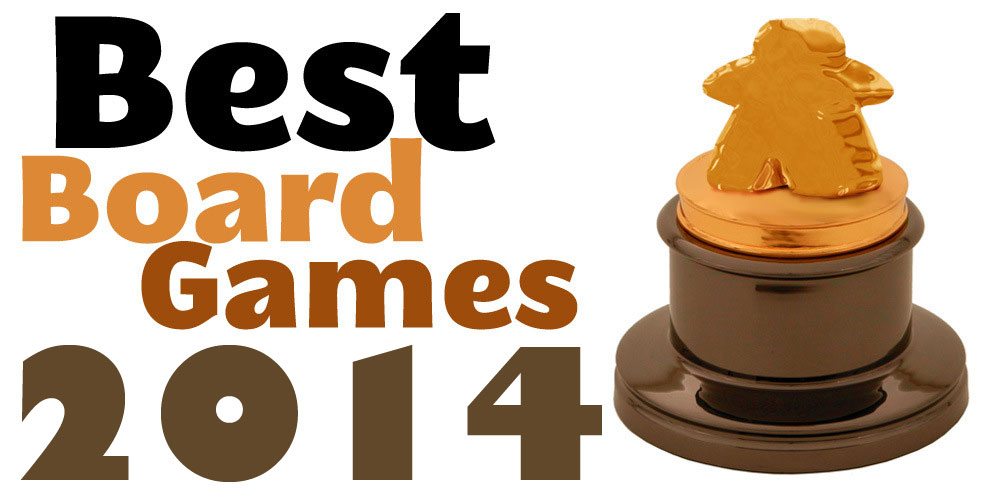
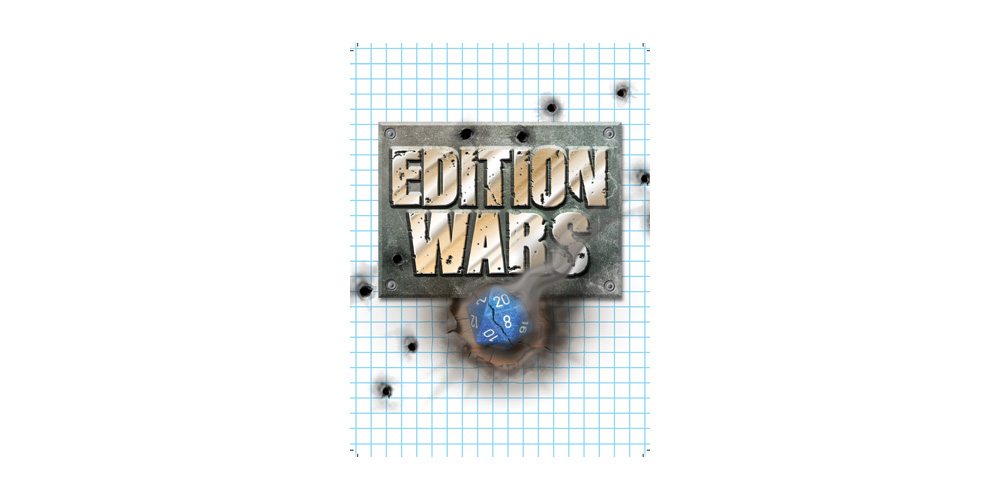
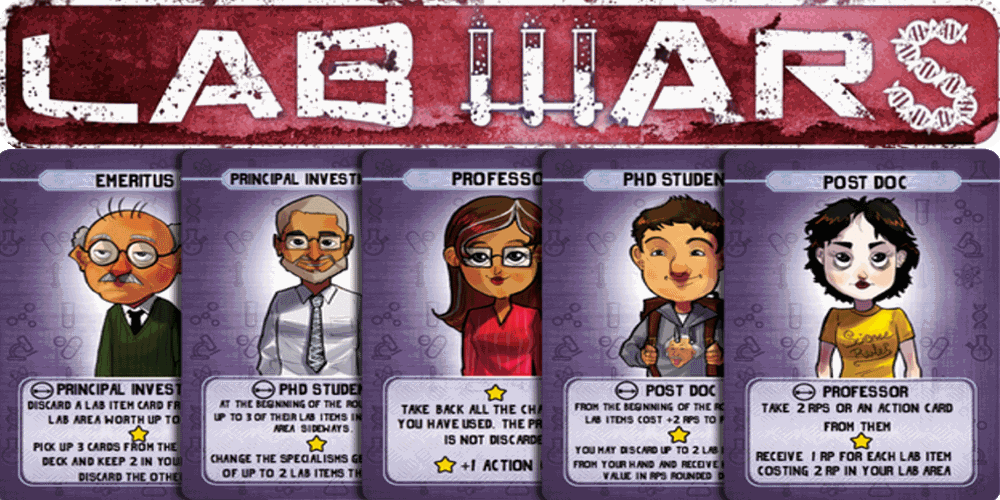
I’ve been a fan of microgames ever since “They’ve Invaded Pleasantville.” http://boardgamegeek.com/boardgame/2215/theyve-invaded-pleasantville
Hadn’t heard of that one, but that’s pretty cool! I suppose maybe my article should have been titled “the RETURN of the Microgame” because there were a lot of smaller games before. But maybe they’re coming back into fashion now.
I cannot praise this post enough.
Haven’t played too many microgames, but Flash Duel came with a pocket-sized version, plays quickly, and is quite fun! I’ve been meaning to check out Love Letter (and Cheaty Mages) too though.
String Railway looks pretty cool: it’s just strings and a few tokens. http://boardgamegeek.com/boardgame/76674/string-railway
Nice article, after backing coin age yesterday (first microgame I have ever seen) I have been looking for more so thanks! Any dedicated websites to these kinds of games you know of?
I love a lot of the stuff on this list, and I’m going to make a note to try some of these other ones. Currently I own Love Letter, Coup, and Shift, with 7-Card Slugfest and Coin Age on the way.
I want to offer a dissenting opinion on Shift, though — I backed Shift for $10 and I’m still regretting the decision. Shift is bad: fiddly and frustrating, lots of annoying coin flipping and obscure iconography for a shallow strategic experience (also, the game is weirdly long? annoying.) The rules are hard to explain and the poorly-written rulebook is this ridiculously formatted full-color 18 page pdf. If you like the other things on this list, then I think Shift is beneath you.
I’ll just tuck my micro game in here: https://www.thegamecrafter.com/games/jettisoned-1
😉
Great article, am definitely going to have a hunt around now!!
The problem with some Micro games in the non micro prices. Some of the games you have listed there are $25-30. This is edging towards what I would pay for a regular game as opposed the the $10-15 I would expect.
Love letters to me is an example of a great micro game at a great price. I am a keen advocate of small games and have backed “Coin Age” and “Where art thou Romeo?” as well as “Templar Intrigue”, I hope more companies follow the example set by these to show you don’t need giant margins to turn a profit.
Agreed about the prices! That’s what I like about Coin Age too.
I’d love to see one these tiny games use something other than cards though.
A number of great games! I think DiceHateMe is hosting a micro-game contest over the Christmas break. Heard anything about that?
I just played Coup for the first time on Monday. Excellent game! And Love Letters is great. I am gifting that to a family member this Christmas. Would Great Wall of China and Lords of Scotland be considered “microgames”?
Steve Jackson has reprinted the original $2.95 OGRE mini-game — all backers of the OGRE Designer Edition got a copy with their box, and it is SO cool. I think SJGames plans on selling them, but they’re probably limited in number.
Nice article. This is the first I’ve heard of BraveRats.